
You’re gonna love this. Once upon a time, back in the distant reaches of the twentieth century—well, actually it was 1984—one of my clients assigned me to ghostwrite a fundraising letter that Isaac Asimov had agreed to sign. I approached the task with some trepidation, both because I knew Asimov’s reputation as a prolific author and because I had actually met the man once and knew how prickly he was (but that’s another story).
Eventually, I managed to draft the letter and, as directed, I sent it off to Asimov’s New York apartment via FedEx. I phoned two days later in hopes the famous man had actually had a chance to read my deathless prose. His wife answered. When I asked to speak with him, she said, “Oh, no, he’s much too busy to talk. He’s writing.” (Well, of course! What else would the man be doing?) She added that she was certain he’d get back in touch with me.
Table of contents
Estimated reading time: 6 minutes
This post was updated on September 23, 2023.
A strange experience with Isaac Asimov

Sure enough, the following day I received a FedEx package from Asimov. Fearfully, I extracted the draft copy—and was flabbergasted to note a signed permission slip and, miraculously, what appeared to be absolutely no changes in the text. However, when I examined the text more carefully, I noted one alteration in tiny handwritten script.
I had written “As the author of more than 300 books . . .”
Asimov changed that to read “As the author of more than 310 books . . .”
Ultimately, the celebrated author of both popular science and science fiction books went on to write a total of more than 400 volumes. Is he the most prolific author, living or dead?
Not by a long shot.
Who has written the most books . . . really?
A widely circulated post on the Internet attributes that dubious honor to a certain South African writer named Mary Faulkner, who died in 1973 at the age of 70. The Guinness Book of World Records reportedly ranks her as “history’s most prolific novelist, [who] wrote under six pen names.” Faulkner wrote a total of 904 books.
Writers much better known than Faulkner, including Georges Simenon, John Creasey, Barbara Cartland, and Alexandre Dumas as well as others much more obscure, appear on the list below her, each credited with writing between 258 and 850 books. And the list doesn’t even include the two authors I know personally who have each written more than 400 books. I’m sure there are many, many more.
But wait. Even 904 novels won’t cut it.
It’s not who you think it is
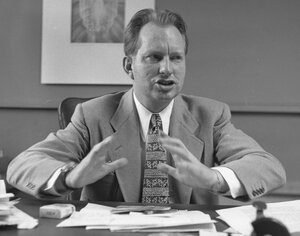
Further investigation turns up a report that “In 2006, Guinness World Records declared L. Ron Hubbard the world’s most published and most translated author, having published 1,084 fiction and non-fiction works that have been translated into 71 languages.”
Don’t recognize the name of this illustrious wordsmith? He’s the paranoid schizophrenic, pathological liar, and fugitive from justice who founded Scientology. He died in 1986 at the age of 75 with a fortune equivalent to nearly a billion dollars today. (Hubbard’s the man who famously said, “If you want to get really rich, start a new religion.” Ahem!)
One million books . . . for real?
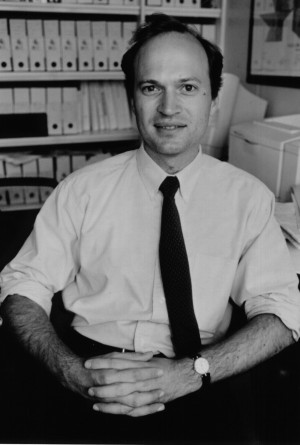
But hold your horses. Isaac Asimov, Mary Faulkner, and L. Ron Hubbard combined don’t even register in the same octave as the prodigious Philip M. Parker. This superhuman individual, a 54-year-old professor of management science at INSEAD, a top-rated global business school based in France, claims to have authored more than one million books. (My source is This Is Improbable: Cheese String Theory, Magnetic Chickens, and Other WTF Research, by Marc Abrahams.)
You read that right. One million books—and he’s only been writing them since 2008. (However, Amazon listed only 133,501 when I first checked, and a smaller number now.)
Professor Parker’s deathless titles
Here are a few of Professor Parker’s deathless titles:
- The 2007–2012 Outlook for Bathroom Toilet Brushes and Holders in the United States
- The 2007–2012 World Outlook for Rotary Pumps with Designed Pressure of 100 P.s.i. or Less and Designed Capacity of 10 G.p.m. or Less
- Avocados: A Medical Dictionary, Bibliography, and Annotated Research Guide
- Webster’s English to Romanian Crossword Puzzles: Level 2
- The 2007–2012 Outlook for Golf Bags in India
- The 2007 Report on Wood Toilet Seats: World Market Segmentation by City
- The 2007–2012 Outlook for Frozen Asparagus in India
Just makes you want to rush right out and snap up an armful of these gems, doesn’t it?
Well, maybe not. And especially when you learn that Professor Parker doesn’t actually write any of these books. This obviously clever man has instead written a slew of computer algorithms that do the writing for him, turning out, say, at least six books about the outlook for bathroom toilet brushes.
So, who is this guy?
Bianca Bosker, writing for Huffington Post, reports that “Parker started by generating market reports sold to banks, consulting firms and government trade agencies interested in the sales outlook for, say, rubber or corrugated cardboard. Now, he hopes to use the algorithms to help with language learning and education in developing countries. Thanks to Parker’s automated radio broadcasts, people in parts of Malawi are hearing weather forecasts in the local language for the first time—and are already changing their farming patterns as a result.” I guess maybe we can pardon the man for having polluted the literary world with all those pointless titles.
For related reading
Check out How many Americans read books?, Just how many books are there, really?, and Which countries read the most?
You might also be intrigued by What people read on this blog or What I read (and what I don’t).
And you can always find my most popular reviews, and the most recent ones, on the Home Page.


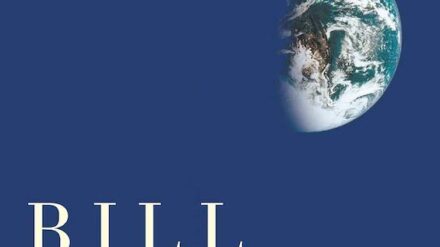
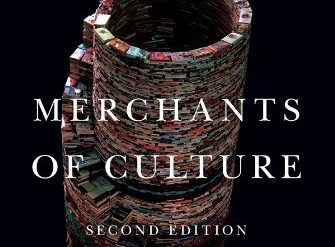

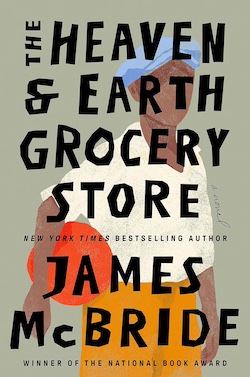





















“And the list doesn’t even include the two people I know personally who have each written more than 400 books.”
If Asimov s one, who is the other one?
Asimov is not one of them: I didn’t know him. The others are Robert Silverberg, an award-winning science fiction and fantasy novelist, and a hack writer who will remain nameless who writes bad sci fi and porn novels.
You didn’t incude Walter B. Gibson who wrote over 500 novels and most of The Shadow mysteries. And John Creasey who wrote over 700 novels under 30+ pseudonyms.
And I’m sure there were others as well. I knew a virtually unknown science fiction writer who turned out at least 500 books, and one who is well known who wrote at least 400. Also, these are only books in English. So, yes, the list is far from complete. But thanks for noticing.
Maybe pamphlets don’t count, but according to Wikipedia: “Voltaire was a versatile and prolific writer, producing works in almost every literary form, including plays, poems, novels, essays, histories, and scientific expositions. He wrote more than 20,000 letters and 2,000 books and pamphlets. “
PS For being the most prolific author in the world, Brazilian novelist Ryoki Inoue holds the Guinness World Record for publishing 1,075 novels under a variety of pseudonyms. A book would take Inoue all day and all night to complete, so he would write all day and all night.